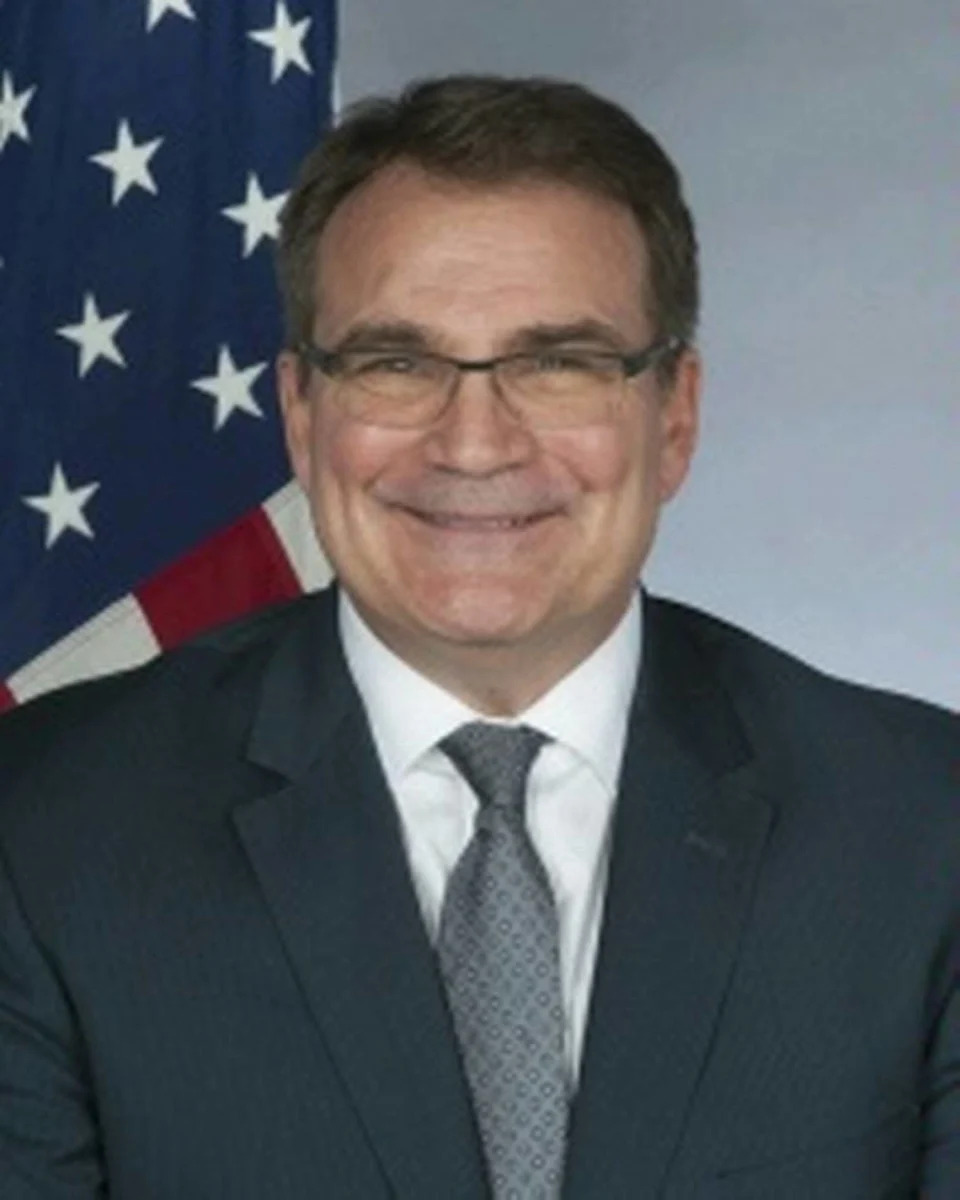The US State Department named Benjamin Ziff, a career diplomat who was in charge of the agency’s migration policies for Latin America and the Caribbean, as the new chief of mission of its embassy in Havana.
In a statement Monday, the embassy said Ziff took over as Chargé d’Affaires on July 15. Previously, he headed a task force responsible for coordinating the Department’s migration policy and strategy for the Western Hemisphere. He has been deputy assistant secretary of state for European and Eurasian Affairs and deputy director of the Office of Central American Affairs, among several other positions at US embassies around the world, including Colombia and Venezuela.
The appointment comes when the island is the origin of a massive exodus of Cubans trying to reach the United States by land and sea. According to the latest data, the United States Customs and Border Protection Office registered 157,339 arrests of Cubans at the borders of the entire country between October of last year and June.
In recent months, the US Coast Guard has repatriated Cubans rescued at sea almost weekly. Since last October, Coast Guard crews have intercepted 3,516 Cubans trying to reach Florida.
Ziff replaces Timothy Zúñiga-Brown, who was appointed in July 2020. Zúñiga-Brown previously served as coordinator for Cuban Affairs at the Department of State. Currently, that office does not have a designated head since the previous coordinator, Mara Tekach, stepped down in June.
Ziff will head the embassy as Cubans go through one of the most difficult times in recent history, with frequent power outages, widespread shortages of food, medicine and basic goods, and a heightened government crackdown on all forms of dissent.
“Sadly, we are facing the worst human rights crisis in 60 years,” Zúñiga-Brown said in his farewell speech during the Fourth of July celebrations at the embassy. “More than a thousand Cubans were arrested for demonstrating peacefully and demanding freedom, food, medicine and other basic needs.”
The Joe Biden administration has imposed several rounds of sanctions against officials and agencies involved in the crackdown on anti-government protesters last year. But US officials have also talked with representatives from Havana to resume migration agreements signed in the mid-1990s in an effort to stop migration from the island. The US government also announced in May the lifting of some restrictions on travel and remittances and the reestablishment of a family reunification program.
The State Department also increased immigrant visa processing at the embassy in Havana this summer.
The embassy remains a “partially escorted post,” meaning officials can only be accompanied by adult family members in Cuba. These personnel limitations were imposed after several diplomats fell ill in late 2016 and early 2017. The events, initially called attacks, are still under investigation.

